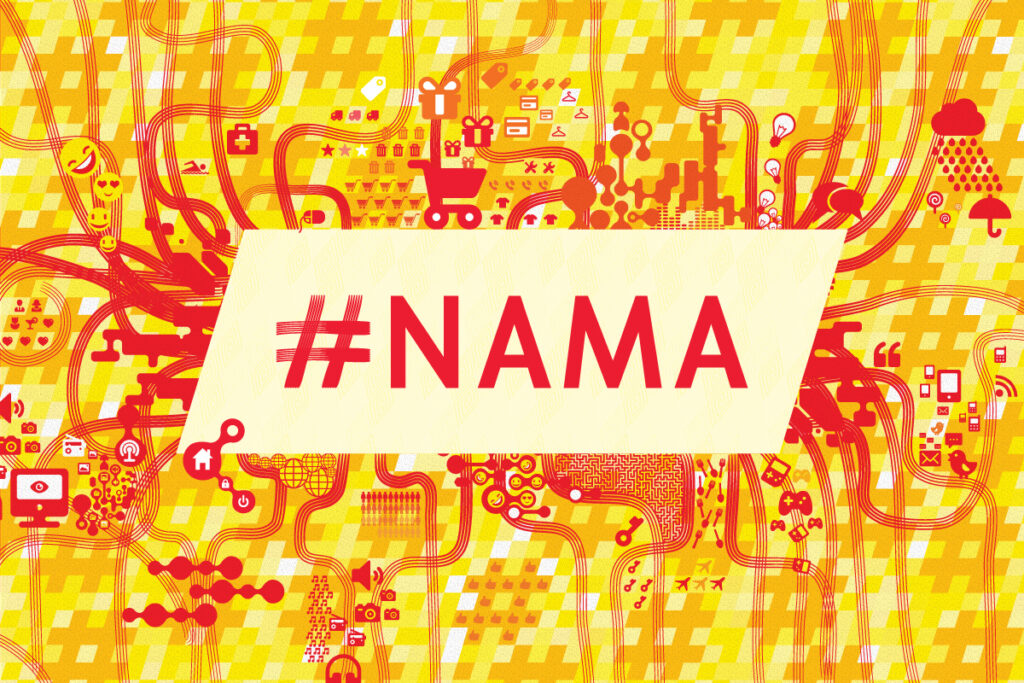I suppose the process of bringing up a child is also about growing up yourself. You start looking at things, and yourself, differently.
If you set aside the sheer exhaustion of running behind a child and making sure he doesn’t hurt himself during mid-life, there is a sense of wonder in how they begin to realise things, what they notice, how they explore, what they repeat, what they find funny, what they want to do when. They may have all the things in the world, but all they want is you by their side when they explore it.
It is in the process of bringing up V that I’ve been exploring the how of it. I was reading an article on the Reggio Emilia philosophy, and what stood out for me what the fact that kids need to be left to explore, experience and learn things for themselves.
Bells, which typically indicate the end of a learning session, teach children that nothing needs to be completed, and everything can be interrupted and done piecemeal. There’s no exploration.
One thing I remember my dad telling me was the feedback he got on me as a child was my ability to focus. A complaint I used to hear from relatives when I was a child was that I would immerse myself in reading. In school, as a part of arts and crafts, I chose stone sculpting, which was a solitary activity requiring focus.
I realise now that much of what I’ve done as a grown-up has been built around the idea of exploration through immersion. Writing for a living has allowed me the freedom to go down rabbit holes.
The Reggio Emilia philosophy is built around the idea that there are sufficient things for children to do and explore, but what piques their curiosity and what they end up doing has to be left to them to determine. It teaches them the ability to make decisions for themselves, and there’s an idea that they need to be protected from a strictly regimented life driven by the bells that ring between study periods in school, and allowed to explore.
I’ve been thinking about how this might apply to me. For many days, my life is living one calendar block to another. I plan my week on the weekend, and map out a few days with time-blocks and tasks. I leave enough room for spillovers, have the freedom to move things around, including to the next day, but I get a lot done in this period. One thing that happens, though, is that while I’m doing something, I’m always aware of the next time block, which invariably pushes me to complete something and move on. I have friends who live by the calendar, and whose lives are often determined by who they’re meeting.
There’s almost no room for immersion and exploration on these things. Just a focus on getting things done. A few weeks ago I decided to create a daily list of creative things that I could do as a break. It could be about writing something, or building something. I realise that the act of creation, of building something, is what brings me great joy.
Since then, I’ve written articles, AI prompts, set up websites (including this one), and written blog posts. If I look back, the act of creation has been the most fulfilling part of my day in the recent weeks.
I’m now beginning to wonder what an unscheduled life would look like: how can I immerse myself in something without an end in sight, and whether that would be more meaningful for me than a meeting where I want something from them or they want something from me. How many of our interactions these are are meaningful, and how many are about the exploration of a connection with someone? I’m not surprised that people don’t make new friends as they age: we’re just to busy or focused to be open to exploration. When do we allow ourselves to meander aimlessly?
My friend Rafat, after he sold his business (paidcontent.org), travelled the world, going to places that I had never heard of. He did something I had never contemplated before he told me about it: landed up somewhere without a plan. He looked around, explored, spoke with people once he was there and tried things out. I’ve done that on occasion now, most recently in Riga (Latvia), where I gave myself a couple of days to do nothing after a conference. I wonder if I can do that with my day, my week or my year now.
That would be a luxury, to begin each day anew with nothing to do and everything to explore. Right now that’s a distant dream, and I wonder if this is just a phase for me to get over.
The Reggio Emilia approach relies on giving the child the choice regarding what they want to do, observe and explore, but focuses extensively on controlling the environment they’re in, especially from the perspective of safety.
Perhaps one approach here might be to make a long list of things for myself to do, and on a day where there isn’t any meeting or any deadline, give myself the freedom to explore one of these things, something different or nothing at all.
To go down rabbit holes, if only for a day.
